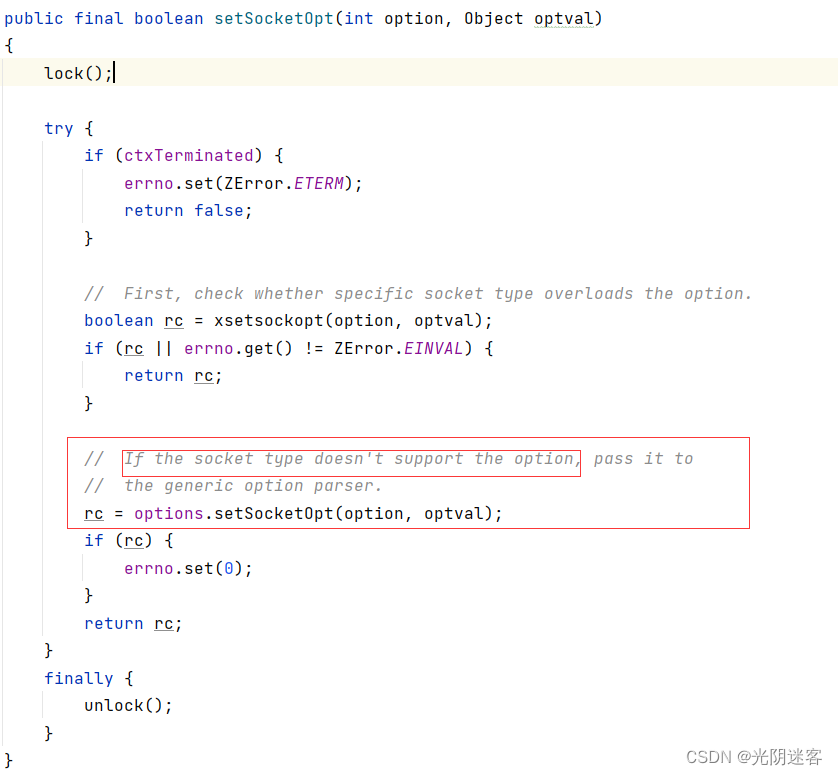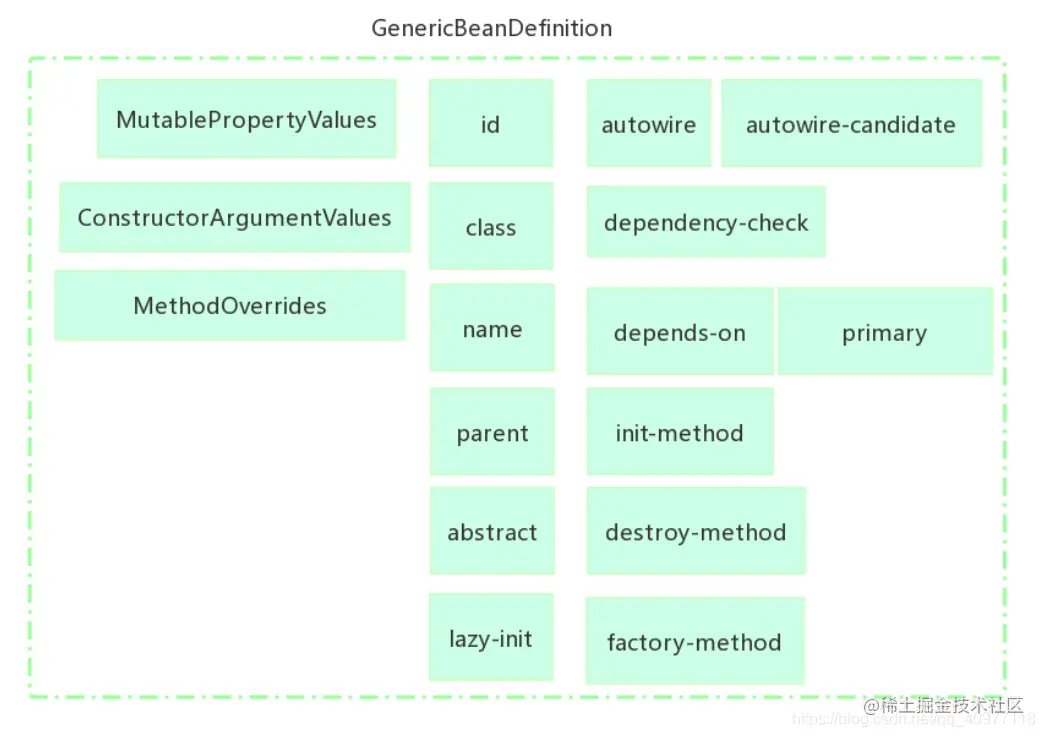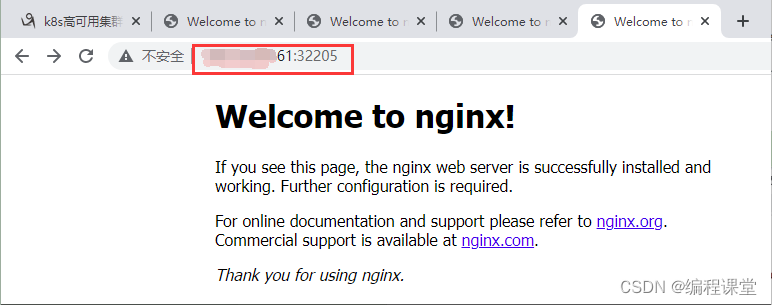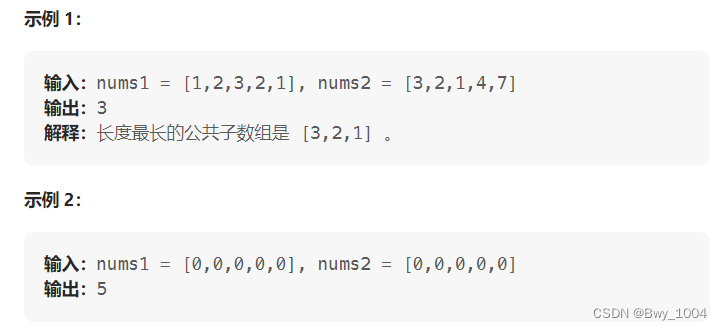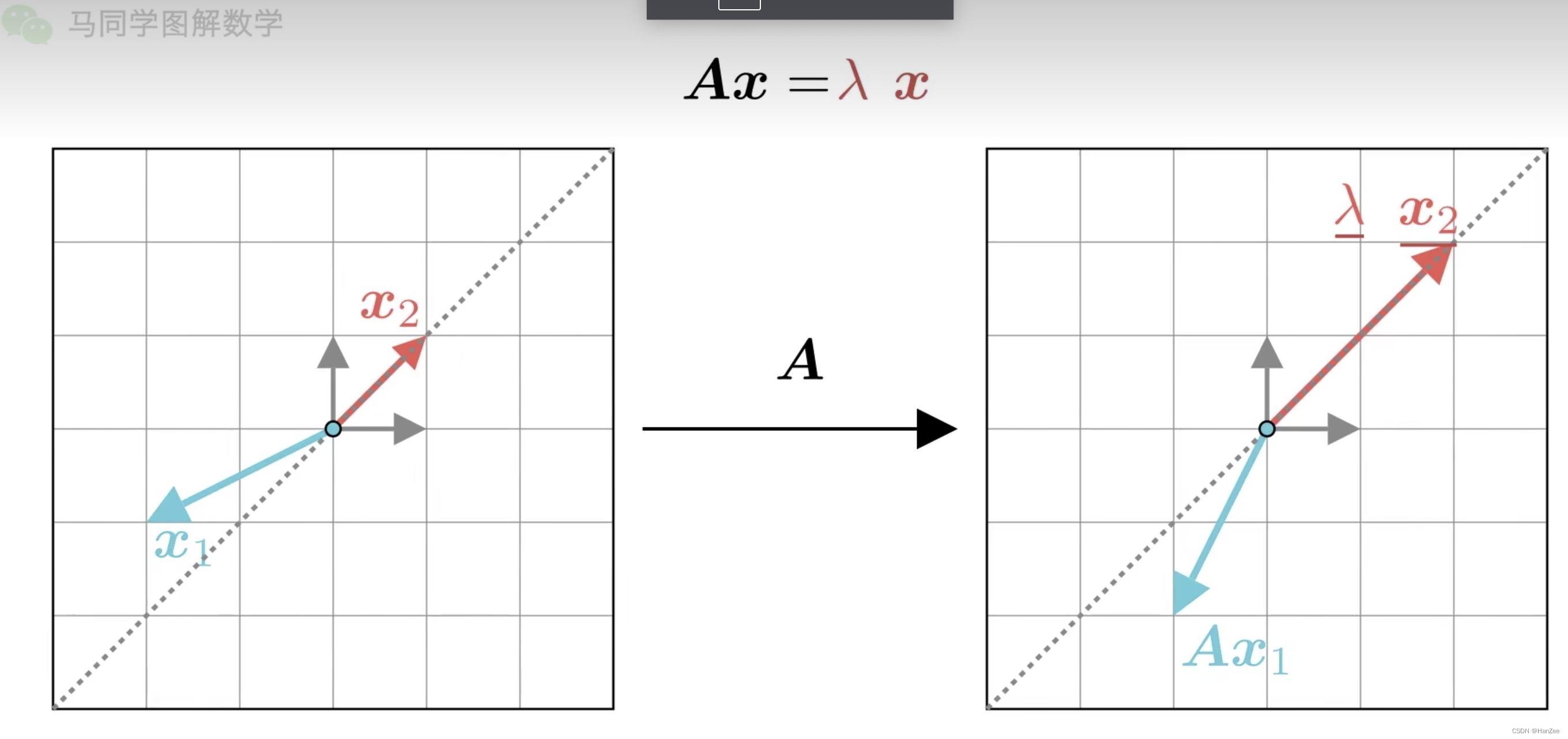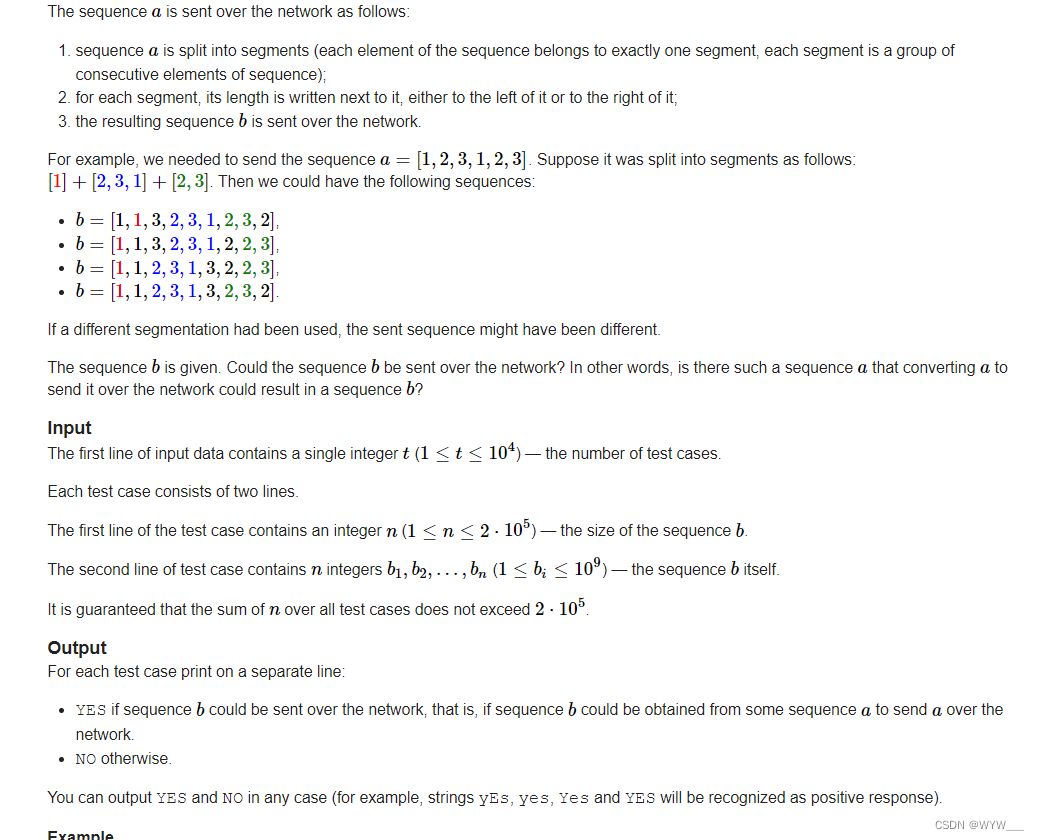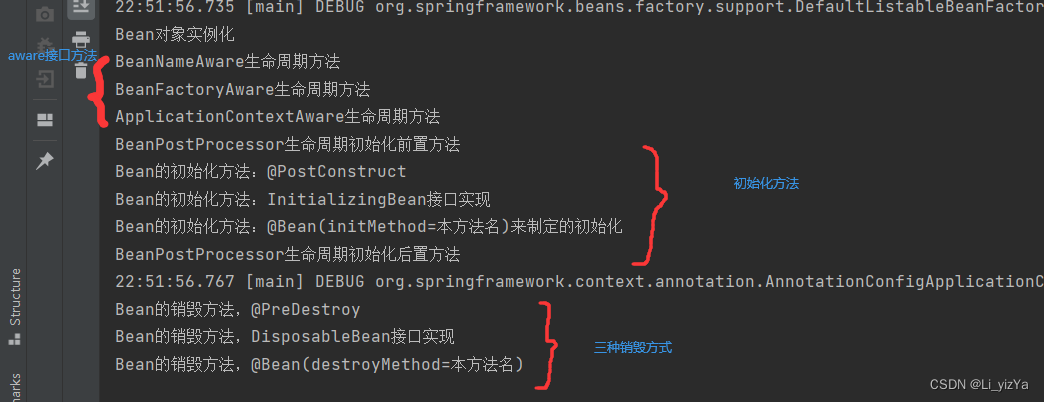char 与 Character
char是一种基本的数据类型,Character是char类型的包装类,即通过Character创建出来的是一种对象。
Character是char的包装类,就像Integer和int,以及Long和long一样。
包装类和基本类型可以自动转换,这是jdk1.5(5.0)的新特性,叫做自动封箱和自动解封
自动拆箱、自动装箱
char ch='a';
Character ch1=ch;//自动封箱
Character c=new Character(a);
char c1=c;//自动解封如何理解Java中的自动拆箱和自动装箱?
定义:基本数据类型和包装类之间可以自动地相互转换
理解:装箱就是自动将基本数据类型转换为封装类型,拆箱就是自动将封装类型转换为基本数据类型。
// 自动装箱
1. Integer a = 100;
// 自动拆箱
2. int b = a;
自动装箱,相当于Java编译器替我们执行了 Integer.valueOf(XXX);
自动拆箱,相当于Java编译器替我们执行了 Integer.intValue(XXX);
CharSequence
CharSequence是一个描述字符串结构的接口,在这个接口里面一般发现有三种常用的子类:

- 获取指定索引的字符:public char charAt(int index)
- 获取字符串长度:public int length()
- 截取部分字符串:public CharSequence subSequence(int start, int end)
截取部分字符串代码样例
public static void main(String[] args) {
CharSequence str = "hello world";
CharSequence sub = str.subSequence(6,11);
System.out.println(sub);
}
CharSequence接口源码
package java.lang;
import java.util.NoSuchElementException;
import java.util.PrimitiveIterator;
import java.util.Spliterator;
import java.util.Spliterators;
import java.util.function.IntConsumer;
import java.util.stream.IntStream;
import java.util.stream.StreamSupport;
/**
* A <tt>CharSequence</tt> is a readable sequence of <code>char</code> values. This
* interface provides uniform, read-only access to many different kinds of
* <code>char</code> sequences.
* A <code>char</code> value represents a character in the <i>Basic
* Multilingual Plane (BMP)</i> or a surrogate. Refer to <a
* href="Character.html#unicode">Unicode Character Representation</a> for details.
*
* <p> This interface does not refine the general contracts of the {@link
* java.lang.Object#equals(java.lang.Object) equals} and {@link
* java.lang.Object#hashCode() hashCode} methods. The result of comparing two
* objects that implement <tt>CharSequence</tt> is therefore, in general,
* undefined. Each object may be implemented by a different class, and there
* is no guarantee that each class will be capable of testing its instances
* for equality with those of the other. It is therefore inappropriate to use
* arbitrary <tt>CharSequence</tt> instances as elements in a set or as keys in
* a map. </p>
*
* @author Mike McCloskey
* @since 1.4
* @spec JSR-51
*/
public interface CharSequence {
/**
* Returns the length of this character sequence. The length is the number
* of 16-bit <code>char</code>s in the sequence.
*
* @return the number of <code>char</code>s in this sequence
*/
int length();
/**
* Returns the <code>char</code> value at the specified index. An index ranges from zero
* to <tt>length() - 1</tt>. The first <code>char</code> value of the sequence is at
* index zero, the next at index one, and so on, as for array
* indexing.
*
* <p>If the <code>char</code> value specified by the index is a
* <a href="{@docRoot}/java/lang/Character.html#unicode">surrogate</a>, the surrogate
* value is returned.
*
* @param index the index of the <code>char</code> value to be returned
*
* @return the specified <code>char</code> value
*
* @throws IndexOutOfBoundsException
* if the <tt>index</tt> argument is negative or not less than
* <tt>length()</tt>
*/
char charAt(int index);
/**
* Returns a <code>CharSequence</code> that is a subsequence of this sequence.
* The subsequence starts with the <code>char</code> value at the specified index and
* ends with the <code>char</code> value at index <tt>end - 1</tt>. The length
* (in <code>char</code>s) of the
* returned sequence is <tt>end - start</tt>, so if <tt>start == end</tt>
* then an empty sequence is returned.
*
* @param start the start index, inclusive
* @param end the end index, exclusive
*
* @return the specified subsequence
*
* @throws IndexOutOfBoundsException
* if <tt>start</tt> or <tt>end</tt> are negative,
* if <tt>end</tt> is greater than <tt>length()</tt>,
* or if <tt>start</tt> is greater than <tt>end</tt>
*/
CharSequence subSequence(int start, int end);
/**
* Returns a string containing the characters in this sequence in the same
* order as this sequence. The length of the string will be the length of
* this sequence.
*
* @return a string consisting of exactly this sequence of characters
*/
public String toString();
/**
* Returns a stream of {@code int} zero-extending the {@code char} values
* from this sequence. Any char which maps to a <a
* href="{@docRoot}/java/lang/Character.html#unicode">surrogate code
* point</a> is passed through uninterpreted.
*
* <p>If the sequence is mutated while the stream is being read, the
* result is undefined.
*
* @return an IntStream of char values from this sequence
* @since 1.8
*/
public default IntStream chars() {
class CharIterator implements PrimitiveIterator.OfInt {
int cur = 0;
public boolean hasNext() {
return cur < length();
}
public int nextInt() {
if (hasNext()) {
return charAt(cur++);
} else {
throw new NoSuchElementException();
}
}
@Override
public void forEachRemaining(IntConsumer block) {
for (; cur < length(); cur++) {
block.accept(charAt(cur));
}
}
}
return StreamSupport.intStream(() ->
Spliterators.spliterator(
new CharIterator(),
length(),
Spliterator.ORDERED),
Spliterator.SUBSIZED | Spliterator.SIZED | Spliterator.ORDERED,
false);
}
/**
* Returns a stream of code point values from this sequence. Any surrogate
* pairs encountered in the sequence are combined as if by {@linkplain
* Character#toCodePoint Character.toCodePoint} and the result is passed
* to the stream. Any other code units, including ordinary BMP characters,
* unpaired surrogates, and undefined code units, are zero-extended to
* {@code int} values which are then passed to the stream.
*
* <p>If the sequence is mutated while the stream is being read, the result
* is undefined.
*
* @return an IntStream of Unicode code points from this sequence
* @since 1.8
*/
public default IntStream codePoints() {
class CodePointIterator implements PrimitiveIterator.OfInt {
int cur = 0;
@Override
public void forEachRemaining(IntConsumer block) {
final int length = length();
int i = cur;
try {
while (i < length) {
char c1 = charAt(i++);
if (!Character.isHighSurrogate(c1) || i >= length) {
block.accept(c1);
} else {
char c2 = charAt(i);
if (Character.isLowSurrogate(c2)) {
i++;
block.accept(Character.toCodePoint(c1, c2));
} else {
block.accept(c1);
}
}
}
} finally {
cur = i;
}
}
public boolean hasNext() {
return cur < length();
}
public int nextInt() {
final int length = length();
if (cur >= length) {
throw new NoSuchElementException();
}
char c1 = charAt(cur++);
if (Character.isHighSurrogate(c1) && cur < length) {
char c2 = charAt(cur);
if (Character.isLowSurrogate(c2)) {
cur++;
return Character.toCodePoint(c1, c2);
}
}
return c1;
}
}
return StreamSupport.intStream(() ->
Spliterators.spliteratorUnknownSize(
new CodePointIterator(),
Spliterator.ORDERED),
Spliterator.ORDERED,
false);
}
}

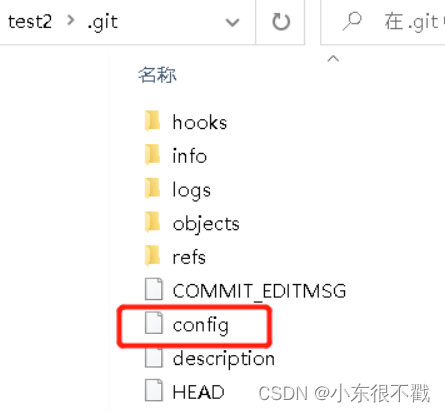
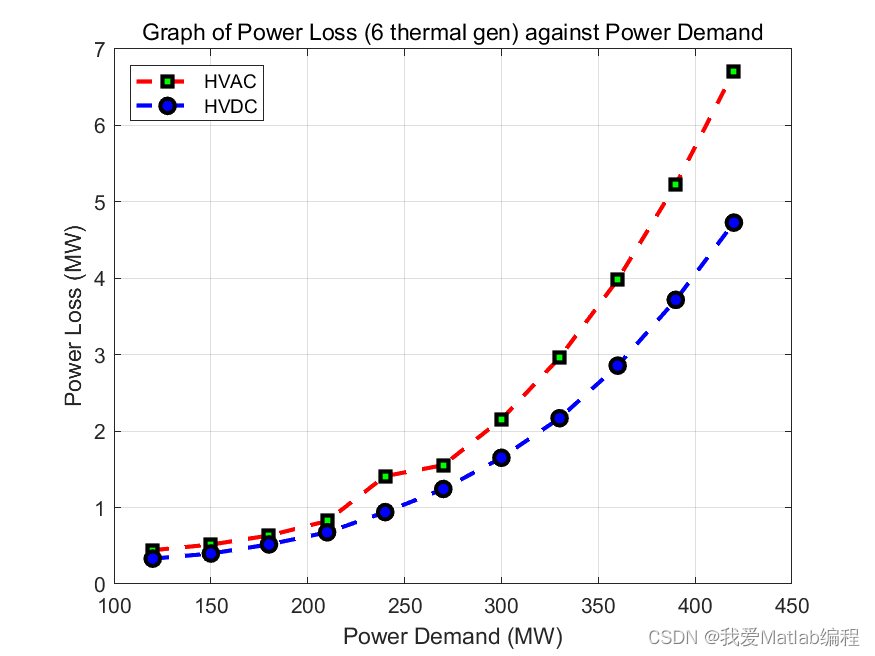
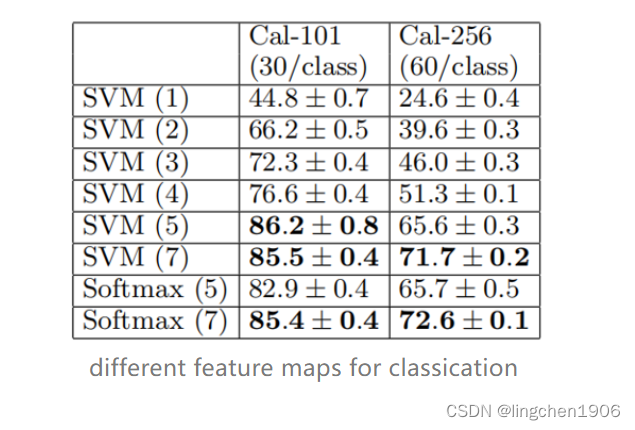
![[MySQL]事务ACID详解](https://img-blog.csdnimg.cn/fc9367d3361843ada90717e1b3016bf1.png)
